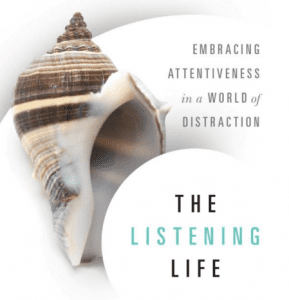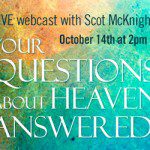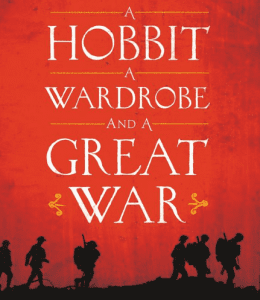Some people read books from the NYTimes bestseller lists — fiction or nonfiction or both. Others read classics — Homer, Cicero, Dante. Others read what their friends recommend. Yet others read what their ideology says is important — libertarians read their own stuff, and liberals read their own stuff, and on and on it goes. Let’s call it insulary reading.
I read what I think will be of interest to you at this blog, and I read for what I’m writing about (right now I’m working on a book on the apostle Paul), and that means compulsory reading, and I read what strikes my fancy — called desultory reading. So I have two kinds of reading: compulsory and desultory. Some of our vacations are taken with the clear aim of not doing much but sitting around on some beach so we can walk, chat and read — and when we get one of those (I’d like three a year, sometimes get two, but often we settle for one — too much compulsory) — I read books I want to read, some of them quite big. Recently I read cover to cover Martin Hengel’s big Paul Between Jerusalem and Antioch. I don’t always agree with Hengel, but Professor Hengel knew his sources and he made up his mind no matter what everyone else was arguing.
Any rate, we are back to having an approach to reading, and Ross Douthat’s recent article details three strategies for a more educated citizenship, for breaking free from insulary reading. Douthat’s a bit stuck on political themes, but his three points apply to a wider approach to reading:
So use the year wisely, faithful reader. For a little while, at least, let gridlock take care of itself, shake yourself free of the toils of partisanship, and let your mind rove more widely and freely than the onslaught of 2014 and 2016 coverage will allow.
Here are three steps that might make such roving particularly fruitful. First, consider taking out a subscription to a magazine whose politics you don’t share….
Second, expand your reading geographically as well as ideologically. Even in our supposedly globalized world, place still shapes perspective, and the fact that most American political writers live in just two metropolitan areas tends to cramp our ability to see the world entire….
Finally, make a special effort to read outside existing partisan categories entirely. Crucially, this doesn’t just mean reading reasonable-seeming types who split the left-right difference. It means seeking out more marginal and idiosyncratic voices, whose views are often worth pondering precisely because they have no real purchase on our political debates.
Some suggestions:
You New Perspective folks, read Stephen Westerholm’s Perspectives Old and New on Paul, while you Gospel Coalition folks need to read E.P. Sanders, Paul and Palestinian Judaism. If you are in a denomination, read a really good book outside your denomination. Expository preachers need to read some Fred Craddock or Tom Long, and narrative preachers need to read Haddon Robinson’s book on preaching.
Question: How has reading outside the box expanded your life?











